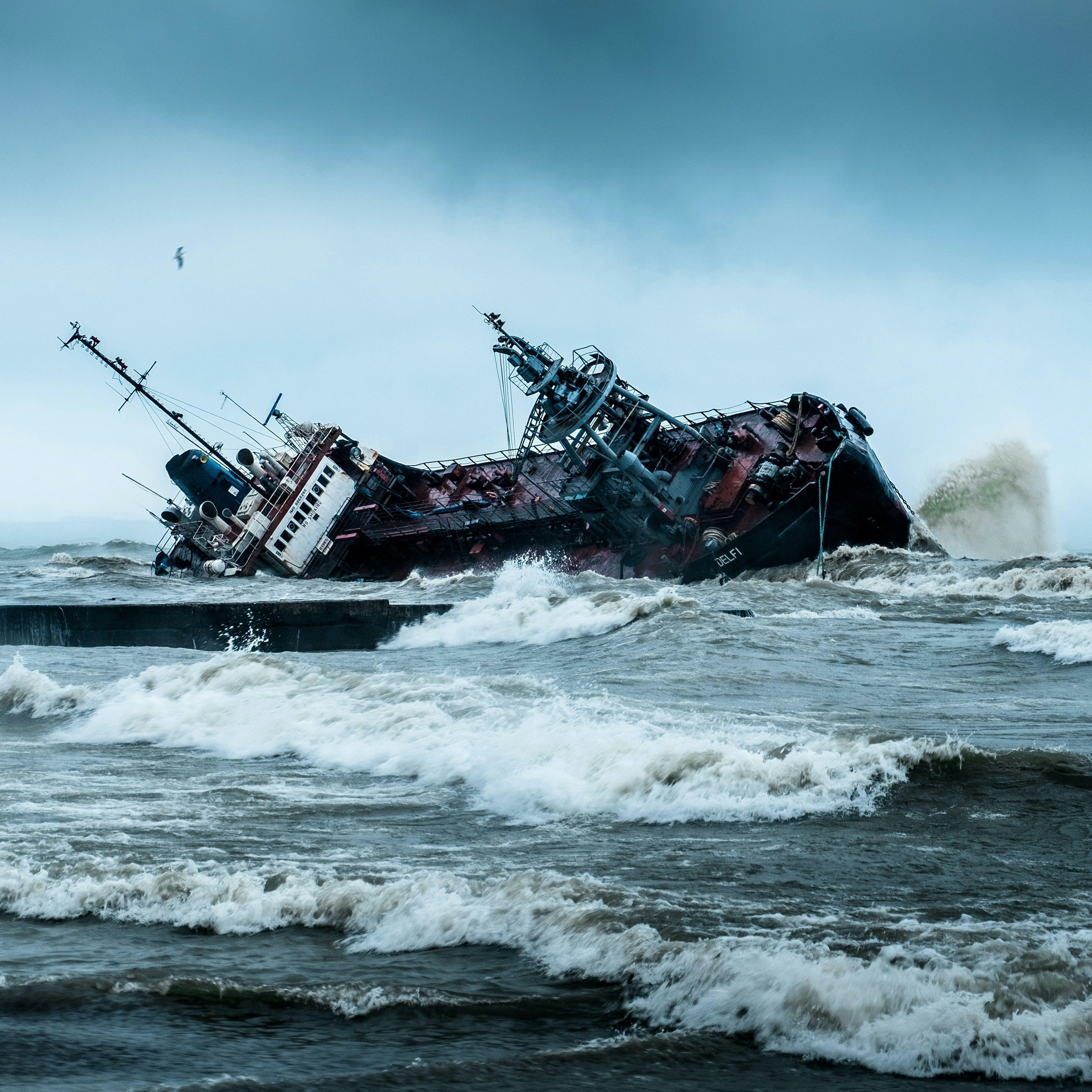Why Legal Preparedness is Essential During Hurricane Season
Hurricane season can bring about a myriad of challenges, not least among them are legal concerns. From property disputes to insurance claims, understanding the legal considerations for hurricane preparedness and recovery is crucial for individuals and businesses alike. Proper legal planning ensures that you’re not only physically prepared but also legally protected when disaster strikes.
Steps to Take Before a Hurricane Hits
Preparation is key when it comes to hurricane readiness. Here are some essential legal steps you should take:
- Review Insurance Policies: Make sure your home, business, and vehicle insurance policies are up-to-date and cover hurricane damage. This is the time to understand the details of your coverage. For more information, visit the Federal Emergency Management Agency (FEMA).
- Secure Important Documents: Keep all essential documents such as property deeds, medical records, and insurance policies in a waterproof, fireproof safe. Alternatively, store digital copies in secure cloud storage.
- Establish Power of Attorney: In case you’re incapacitated, having a power of attorney in place ensures that someone you trust can make legal decisions on your behalf.
Understanding Legal Rights During and After a Hurricane
Hurricanes can lead to property damage, displacement, and loss of life. Knowing your rights can help you navigate these stressful times more effectively:
- Tenant Rights: If you’re renting, you have rights concerning repairs and relocation. Landlords are generally required to make necessary repairs within a reasonable time. More details can be found on the U.S. Department of Housing and Urban Development (HUD) website.
- Insurance Claims: Immediately after a hurricane, file claims for damages with your insurance company. Document everything thoroughly, including photos and receipts, to support your claim.
- Federal Assistance: FEMA offers various forms of assistance for those affected by hurricanes. From grants for temporary housing to low-interest loans, you can apply for support on the Disaster Assistance website.
The Role of Legal Aid in Hurricane Recovery
Legal aid organizations can be invaluable during the recovery process. They provide support for a range of issues, including:
- Housing and Eviction Issues: Legal aid can help you understand your rights and options if you’re facing eviction or need to navigate housing disputes.
- Consumer Protection: Beware of scams and fraudulent contractors post-hurricane. Legal aid can help you identify and deal with fraudulent practices.
- Employment Rights: If your job is affected by the hurricane, legal aid organizations can help you understand your employment rights and benefits.
Effective Communication Strategies with Legal Advisors
Clear and effective communication with your legal advisors is essential. Here’s how you can ensure you’re on the same page:
- Be Organized: Keep all your documents and evidence in order to present a clear case to your advisor.
- Be Honest: Full disclosure allows your legal advisor to provide the best possible advice tailored to your situation.
- Ask Questions: Don’t hesitate to ask for clarifications on any legal jargon or processes you’re unfamiliar with.
Community Resources and Support
Your community can be a valuable resource during hurricane recovery. Many organizations offer legal support and resources for those affected by hurricanes. Here are a few ways to tap into these resources:
- Local Nonprofits: Many local nonprofits, such as HelpNow, offer support and resources to help you through legal challenges post-hurricane.
- Community Centers: Often, community centers will organize workshops and information sessions on legal rights and assistance available to hurricane survivors.
Conclusion
Understanding the legal considerations for hurricane preparedness and recovery is essential for safeguarding your rights and assets. From reviewing insurance policies to seeking legal aid, every step you take now can make a significant difference in your ability to recover effectively. For more information on how to prepare for and recover from hurricanes, visit our blog and subscribe to our newsletter for regular updates.

